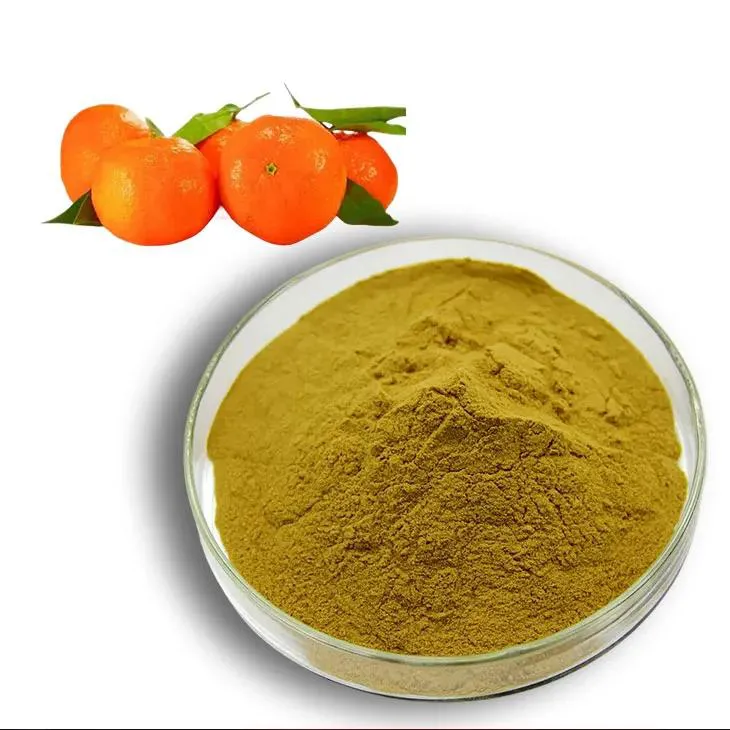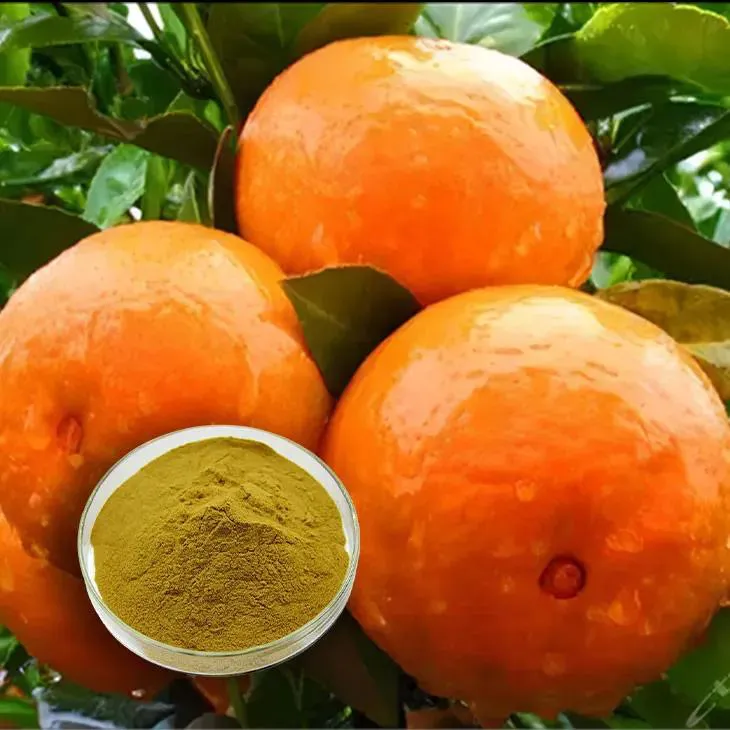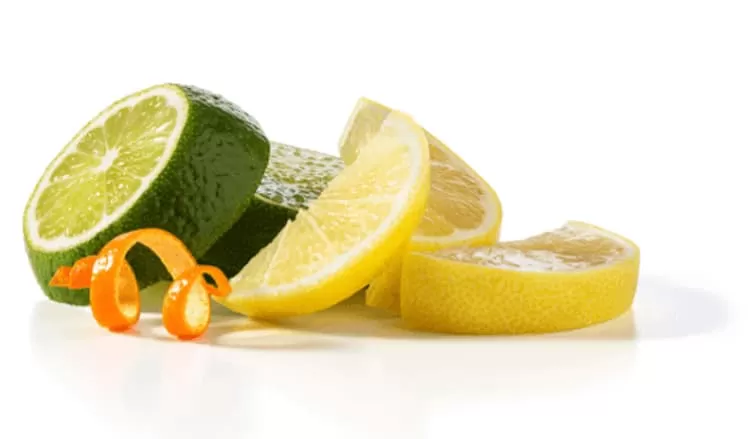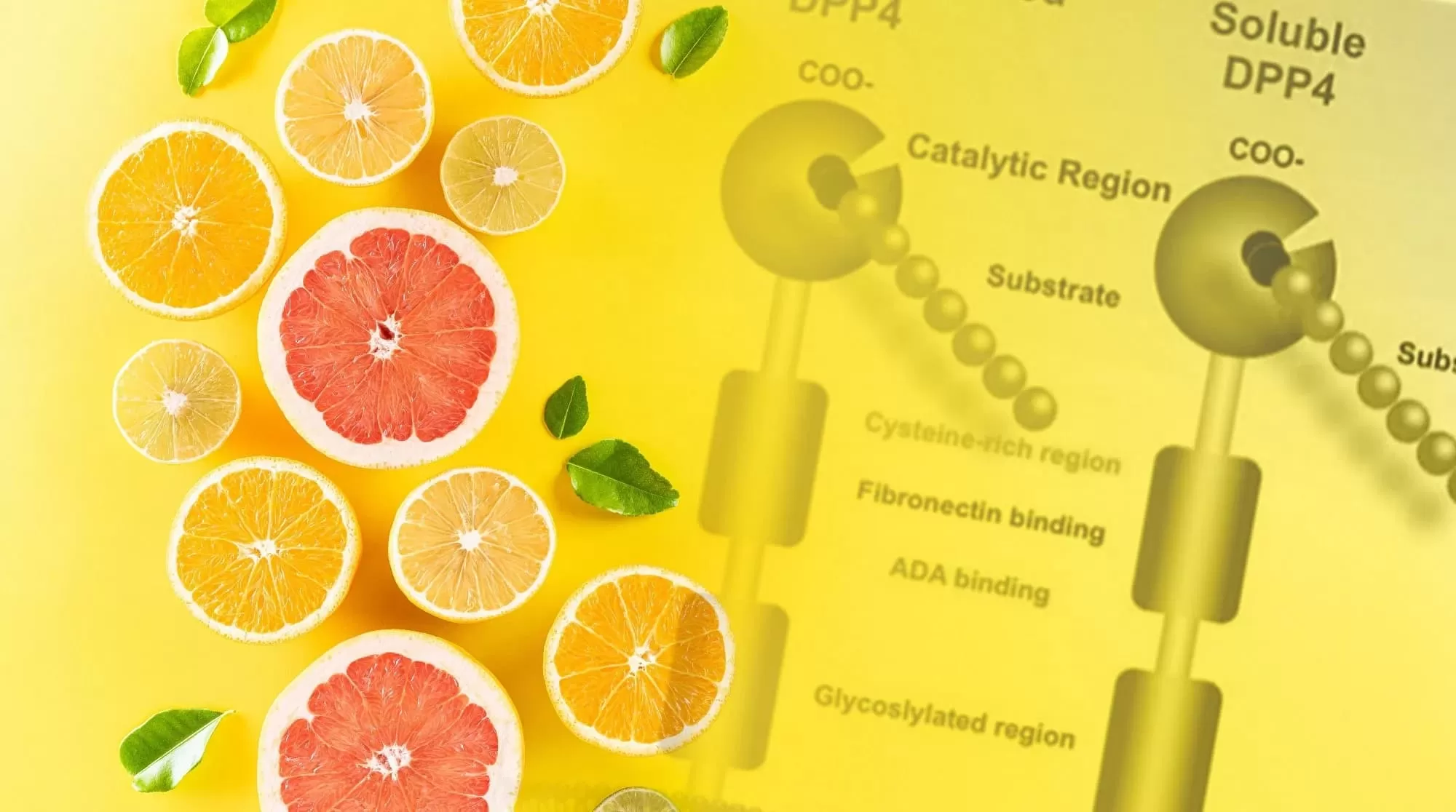- 0086-571-85302990
- sales@greenskybio.com
Citrus Bioflavonoids: Who Should Exercise Caution in Consumption
2025-03-23

Citrus bioflavonoids are naturally occurring compounds found in citrus fruits such as oranges, lemons, limes, and grapefruits. Known for their potent antioxidant properties and health benefits, including improved circulation, immune support, and anti-inflammatory effects, Citrus bioflavonoids have garnered attention in the realm of dietary supplements and wellness. Despite their widespread use and generally favorable safety profile, specific populations may need to avoid or exercise caution when consuming Citrus bioflavonoids due to potential interactions, allergies, or medical conditions. This article explores who should be cautious about citrus bioflavonoid consumption and highlights important considerations for integrating these supplements into a health regimen.
Understanding Citrus Bioflavonoids
1. Composition and Health Benefits:
Citrus bioflavonoids encompass a variety of compounds, including Hesperidin, naringin, Quercetin, and rutin, each contributing distinct health benefits. These flavonoids act as powerful antioxidants, reducing oxidative stress and cellular damage. They also support vascular health by improving capillary integrity and circulation, and serve as anti-inflammatories, aiding in the management of chronic inflammatory conditions.
2. Common Uses:
Due to these benefits, citrus bioflavonoids are used in supplements aimed at enhancing immune function, supporting cardiovascular health, and mitigating symptoms related to allergies and inflammation.

General Safety and Contraindications
While citrus bioflavonoids are safe for most individuals, certain groups should take precautions or avoid them altogether:
1. Allergies:
Individuals allergic to citrus fruits should avoid citrus bioflavonoids, as they can trigger allergic reactions similar to those caused by the whole fruit. Symptoms may range from mild (skin irritation and gastrointestinal discomfort) to severe (respiratory distress and anaphylaxis). Those with known citrus allergies should consult healthcare providers before considering supplements containing these compounds.
2. Hypersensitivity:
Aside from allergies, those with general hypersensitivity to bioflavonoids should exercise caution. Symptoms of hypersensitivity can include headaches, rash, and gastrointestinal upset. If adverse reactions are observed, discontinuation and consultation with a healthcare provider are recommended.

Medical Conditions and Medication Interactions
1. Kidney Disorders:
Individuals with kidney disease or compromised kidney function should be cautious of citrus bioflavonoids. High consumption might place additional stress on renal function and exacerbate kidney-related issues. Consulting a healthcare professional is advised to assess safety and appropriateness.
2. Hormone-Sensitive Conditions:
Certain flavonoids, like naringin, may possess estrogenic activity, raising concerns for individuals with hormone-sensitive conditions, including certain cancers (e.g., breast cancer) or endometriosis. The estrogen-like activity could potentially interfere with treatment or exacerbate symptoms of these conditions, warranting careful evaluation and recommendation from healthcare providers.
3. Medications and Drug Interactions:
Citrus bioflavonoids can interfere with the metabolism of specific drugs, particularly those metabolized by liver enzymes known as cytochrome P450. Medications affected may include statins, certain antidepressants, and medications for hypertension. Such interactions could potentially alter drug efficacy or increase the risk of side effects. Patients on medication regimens should discuss the use of citrus bioflavonoids with their healthcare provider to avoid adverse interactions and ensure proper management.

Lifestyle Considerations and Special Populations
1. Pregnancy and Breastfeeding:
While citrus bioflavonoids from natural food sources are generally safe, supplementation during pregnancy and breastfeeding is less well-researched. The impact on fetal development and nursing infants remains unclear, suggesting that pregnant and breastfeeding women should avoid or limit supplements and seek guidance from a healthcare provider.
2. Children:
For children, the high potency of citrus bioflavonoid supplements may not be suitable. Children's unique developmental needs and smaller body sizes may increase susceptibility to adverse effects. Parents and caregivers should ensure dietary bioflavonoid sources are safe and integrated within a balanced diet, with professional consultation for any supplements considered.
Guidelines for Safe Use
To leverage the benefits of citrus bioflavonoids while minimizing risks, individuals should consider the following guidelines:
1. Choosing Quality Supplements:
Ensure supplements are sourced from reputable brands that prioritize purity and quality. Product transparency regarding concentrations and formulations is essential for informed choices.
2. Monitoring and Reporting:
Regular monitoring of health response to citrus bioflavonoid supplements is crucial. Should adverse reactions arise, discontinuation and medical consultation enable timely intervention.
3. Professional Consultation:
Before introducing citrus bioflavonoid supplements, discussing potential benefits and risks with healthcare providers ensures decisions align with overall health goals. This is particularly important for individuals with health conditions, allergies, or those undergoing medication treatments.
Conclusion
Citrus bioflavonoids provide a range of health benefits, yet require cautious consideration among specific populations, including those with allergies, hormone-sensitive conditions, medication interactions, or special life stages such as pregnancy and childhood. Understanding these considerations helps tailor health regimens that honor individual needs and circumstances. Through informed choices and professional guidance, individuals can navigate the use of citrus bioflavonoids safely, enhancing their wellness journeys while mitigating risks.
- ▶ Hesperidin
- ▶ citrus bioflavonoids
- ▶ plant extract
- ▶ lycopene
- ▶ Diosmin
- ▶ Grape seed extract
- ▶ Sea buckthorn Juice Powder
- ▶ Beetroot powder
- ▶ Hops Extract
- ▶ Artichoke Extract
- ▶ Reishi mushroom extract
- ▶ Astaxanthin
- ▶ Green Tea Extract
- ▶ Curcumin Extract
- ▶ Horse Chestnut Extract
- ▶ Other Problems
- ▶ Boswellia Serrata Extract
- ▶ Resveratrol Extract
- ▶ Marigold Extract
- ▶ Grape Leaf Extract
- ▶ blog3
- ▶ blog4
- ▶ blog5
-
Are Bioflavonoids Good for Skin?
2025-03-23
-
Do citrus bioflavonoids contain quercetin?
2025-03-23
-
What Are Citrus Bioflavonoids Used For?
2025-03-23
-
Dan Shen Root Extract/Salvia Root Extract
2025-03-23
-
Green Tea Extract
2025-03-23
-
Withania Somnifera Extract
2025-03-23
-
Polygonum Cuspidatum Extract
2025-03-23
-
Boswellia Serrata Extract
2025-03-23
-
Avocado Extract Powder
2025-03-23
-
Wheat Germ Extract
2025-03-23
-
Peppermint Extract Powder
2025-03-23
-
Sugarcane Extract
2025-03-23
-
Clove Powder
2025-03-23






























